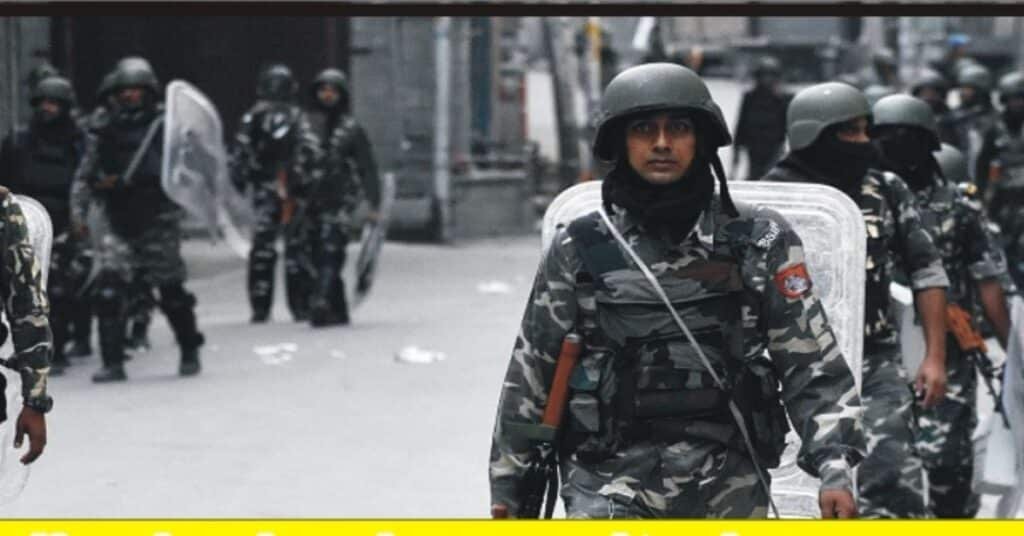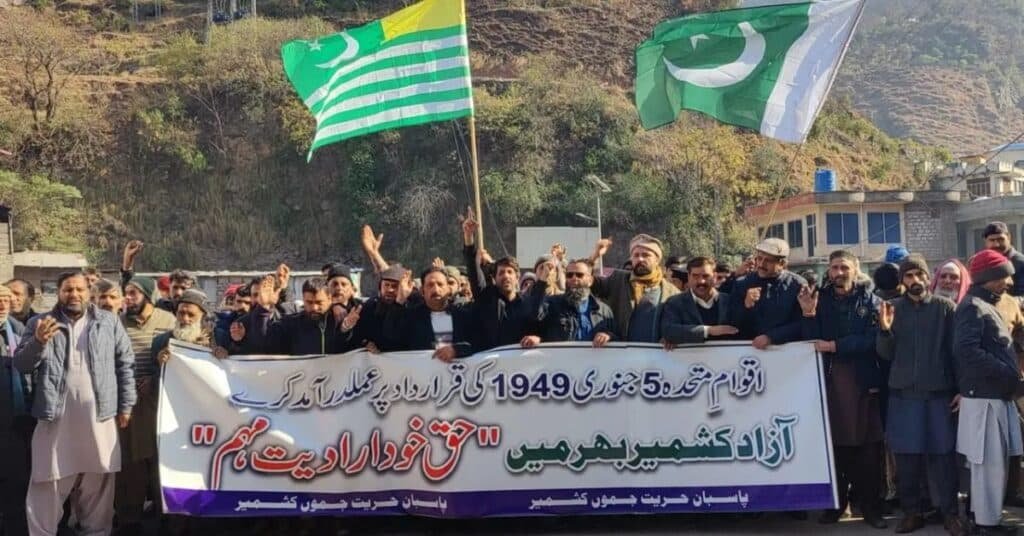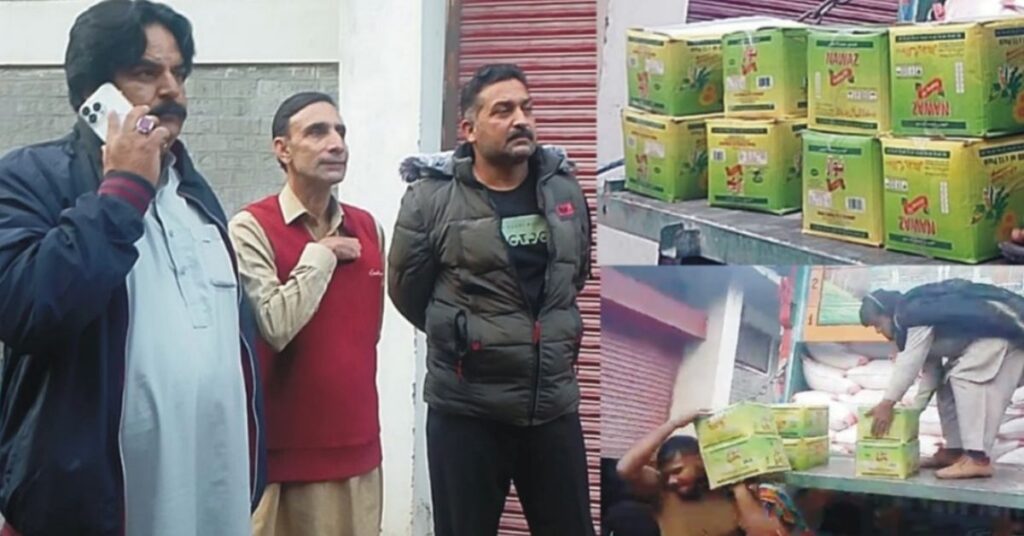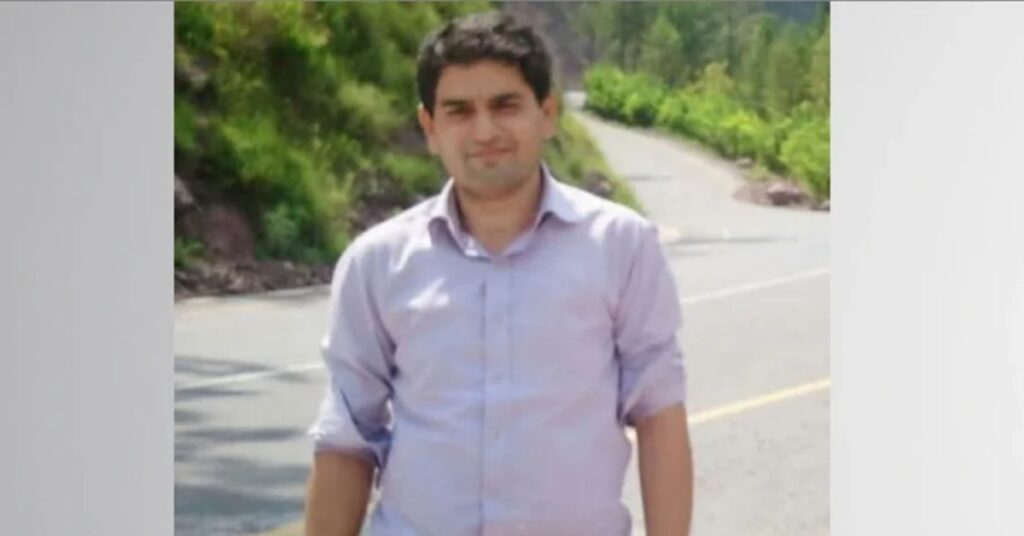SRINAGAR (Kashmir English): In a bid to keep its military occupation and state terrorism hidden from the world, India has never allowed international humanitarian workers and organizations to operate in Indian illegally occupied Jammu and Kashmir.
According to a report released by Kashmir Media Service on the World Humanitarian Day observed across the globe on Tuesday, occupied Jammu and Kashmir remains a no-go area for international humanitarian organizations.
The BJP regime led by Lieutenant Governor Manoj Sinha, who is seen as communal and corrupt by local community, has even banned a dozen political and welfare organizations, including Jamaat-e-Islami, Tehreek-e-Hurriyat Jammu and Kashmir, Jammu and Kashmir Muslim League, Jammu and Kashmir Democratic Freedom Party, Dukhtaran-e-Millat, Awami Action Committee, Jammu and Kashmir Liberation Front, Muslim Conference, Jammu and Kashmir National Front, Jammu and Kashmir Peoples League, Jammu and Kashmir Peoples Freedom League, and Jammu and Kashmir Ittihadul Muslimeen.
Thousands of Kashmiri leaders in Indian jails
Thousands of their leaders and activists have been arrested and lodged in jails across India and the occupied territory.
In another assault on freedom of expression, the Modi government has also banned 25 books in the occupied territory, including works by Booker Prize-winning author Arundhati Roy, Maulana Maududi, A.G. Noorani, Victoria Schofield and David Devadas.
The move reflects New Delhi’s desperation to stifle all voices exposing its crimes in Kashmir.
Since the abrogation of Jammu and Kashmir’s special status on August 5, 2019, India has blocked international relief bodies such as the United Nations Human Rights Council, the Organization of Islamic Cooperation (OIC), the International Committee of the Red Cross (ICRC), Amnesty International, and Human Rights Watch from operating in the territory. Foreign aid workers are denied visas, leaving oppressed Kashmiris without international support.
The BJP government had already stopped ICRC officials from visiting jails in 2016, halting its key humanitarian missions.
The Geneva-based organization previously provided support to released prisoners struggling to rebuild their lives, assisted families of detainees with travel expenses to far-off prisons, and organized health training for local medical professionals.
It also played a vital role in relief operations during the 2005 earthquake and 2014 floods. However, all such activities have been brought to a complete standstill.
Similarly, Jamaat-e-Islami Jammu and Kashmir, which traditionally carried out educational and relief work across the Valley and Jammu region, was banned in 2019.
The organization had a history of setting up medical camps, providing food, medicines, and financial assistance to poor families, repairing mosques and schools, and running institutions that offered quality education to underprivileged students.
By banning Jamaat, India not only criminalized welfare activities but also deprived the people of much-needed community support.
Analysts point out that by blocking humanitarian organizations and silencing local welfare groups, India aims to conceal its war crimes and systematic repression in IIOJK from the eyes of the international community.




